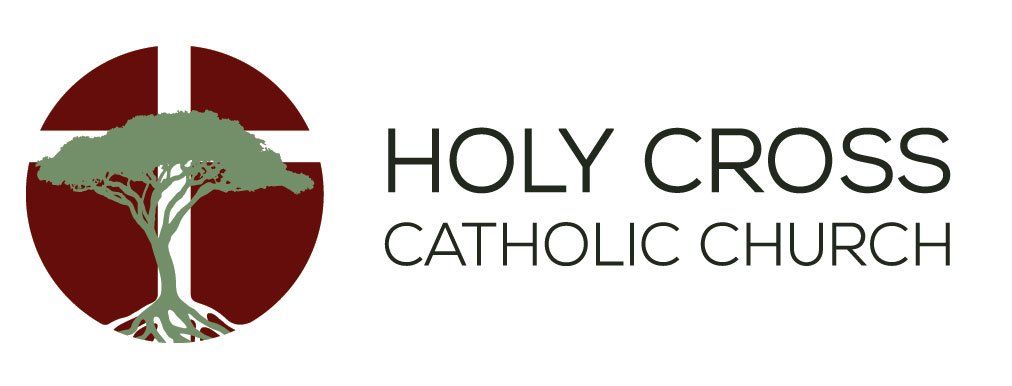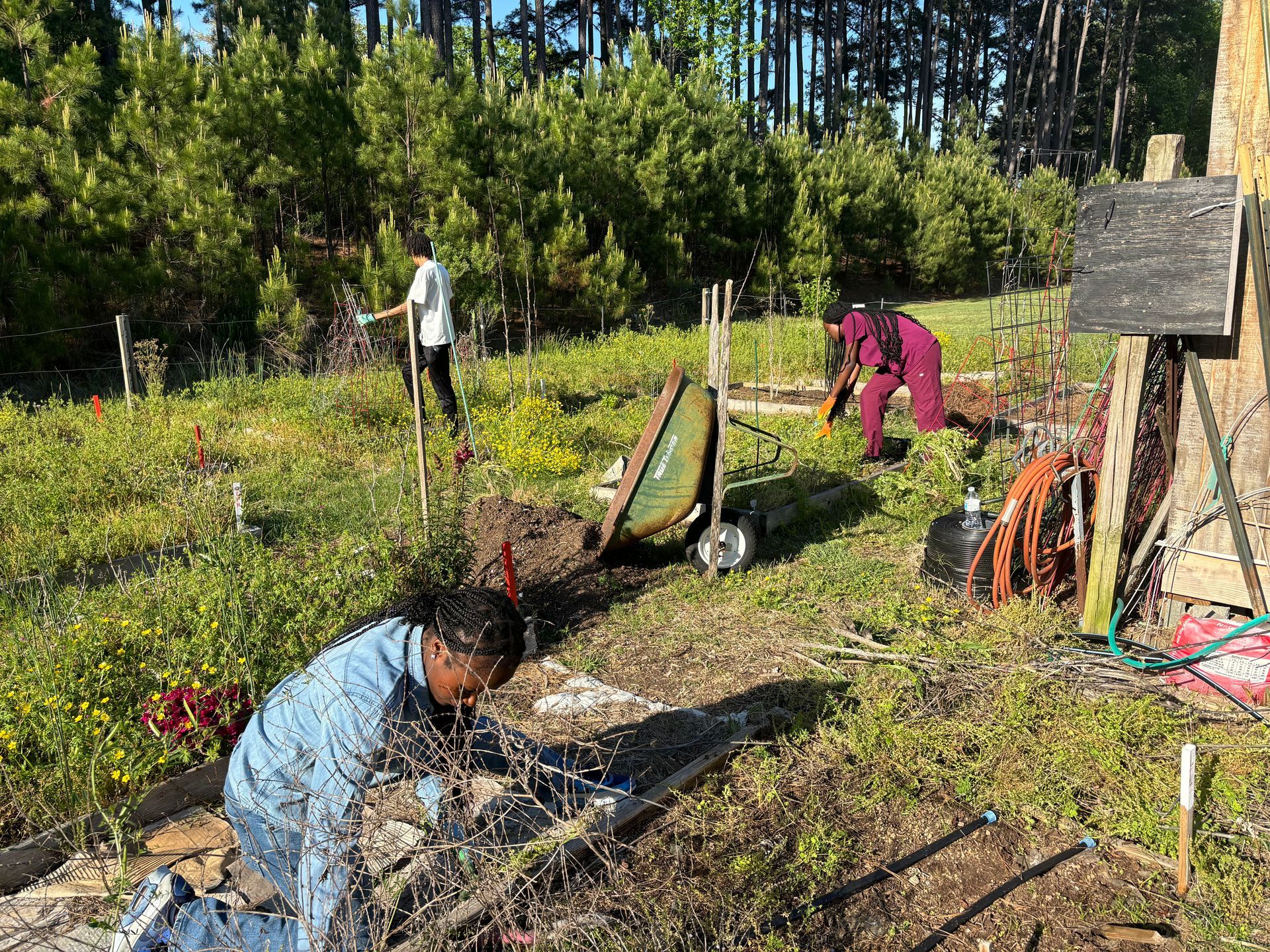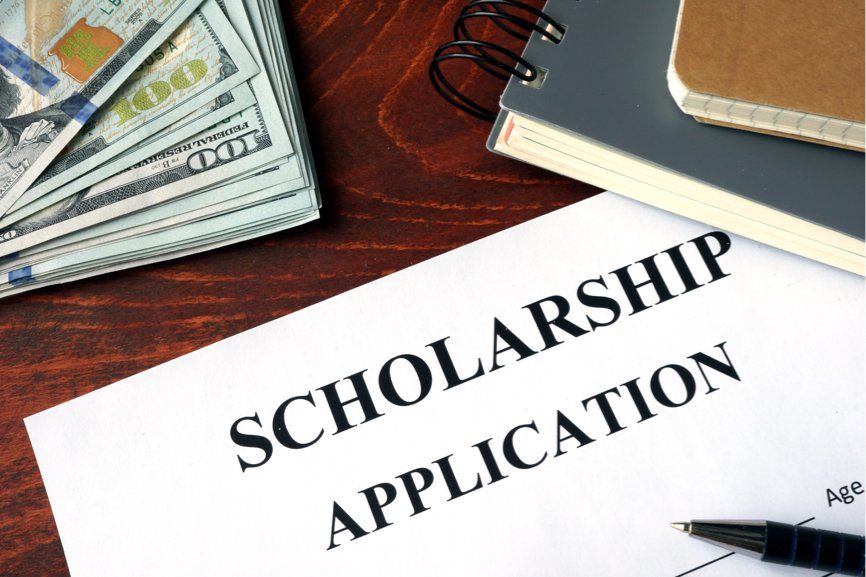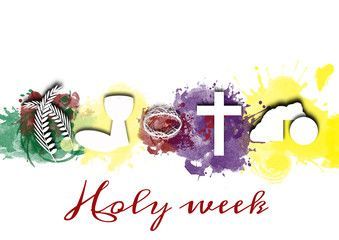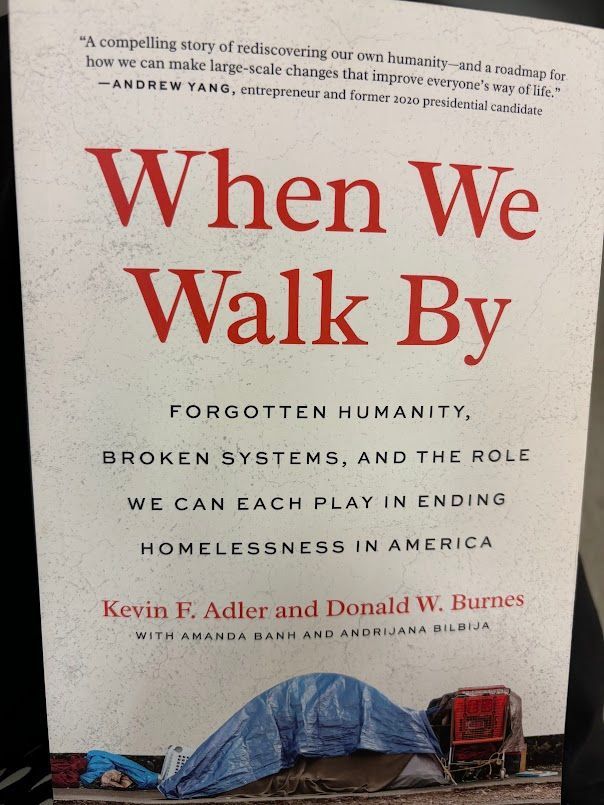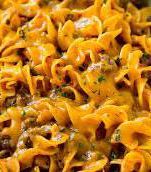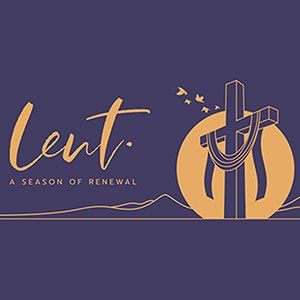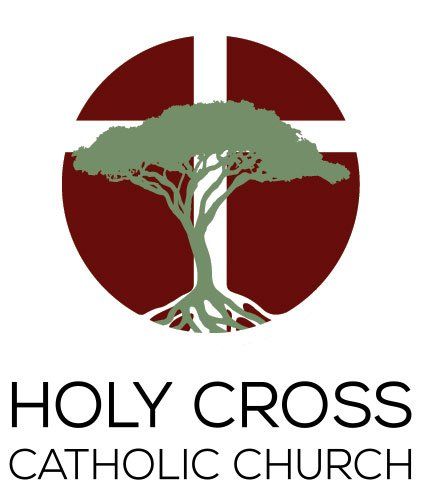An Update on the Synod on Synodality

Who is participating in the Synod on Synodality?
Deacon Phil shares this updated, posted recently in Our Sunday Visitor
VATICAN CITY (CNS) — Pope Francis has appointed more than 450 participants, including dozens of religious men and women and laypeople from around the world, to attend the first general assembly of the Synod of Bishops on synodality in October.
And that list is not even complete, Cardinal Mario Grech, secretary-general of the Synod of Bishops, told reporters at a Vatican news conference July 7. More names are going to be added to the list of nonvoting members, such as experts and representatives of non-Catholic Christian communities, he said.
For now, the list of voting members is complete, numbering 363 cardinals, bishops, religious and lay men and women — a first in the history of the synod. Pope Francis made significant changes to who can be a voting member of the synod on synodality and he gave women the right to vote in the synod.
Out of the 364 members who can vote, which includes the pope, 54 are women — either lay or religious; the number of cardinals appointed as members also is 54.
More than a quarter of all the voting members, that is 26.4%, are not bishops, according to the 21-page list of the appointments released July 7 by the Vatican.
Those the pope appointed to take part in the Oct. 4-29 synod include 169 cardinals or bishops representing national bishops’ conferences; 20 cardinals or bishops representing Eastern Catholic churches; five cardinals or bishops representing regional federations of bishops’ conferences; and 20 heads of Vatican dicasteries, which includes one layman, Paolo Ruffini, prefect of the Dicastery for Communication.
Attendees from the United States
The bishops appointed to attend from the U.S. Conference of Catholic Bishops are: Archbishop Timothy P. Broglio of the U.S. Archdiocese for the Military Services and president of the U.S. Conference of Catholic Bishops; Cardinal Timothy M. Dolan of New York; Bishop Daniel E. Flores of Brownsville, Texas; Bishop Robert E. Barron of Winona-Rochester, Minnesota; and Bishop Kevin C. Rhoades of Fort Wayne-South Bend, Indiana.
The pope also appointed five religious men and five religious women to represent the International Union of Superiors General and the Union of Superiors General.
There are an additional 50 papally appointed members, the majority of whom are cardinals and bishops, but they include 11 religious and one layman and one laywoman. Those from the United States include:
- Cardinal Blase J. Cupich of Chicago
- Cardinal Wilton D. Gregory of Washington
- Cardinal Robert W. McElroy of San Diego
- Cardinal Seán P. O’Malley of Boston
- Archbishop Paul D. Etienne of Seattle, and
- Jesuit Father James Martin.
Continental assemblies, ordinary council and delegate presidents
Another novelty is a large group of non-bishop voting members who represent the “continental assemblies” and are named “witnesses of the synodal process.” There are 10 members in each group divided by continent:
- Africa
- North America
- Latin America
- Asia
- Eastern Churches and the
- Middle East
- Europe, and
- Oceania, for a total of 70 individuals who are all priests, religious or lay men and women.
The group for North America includes:
- Richard Coll, executive director of the Department of Justice, Peace and Human Development at the USCCB in Washington
- Cynthia Bailey Manns, the adult learning director at St. Joan of Arc Catholic Community in Minnesota
- Catherine Clifford, a theology professor and expert on the Second Vatican Council
- Canadian Sister Chantal Desmarais, a Sister of Charity of St. Mary
- Father Iván Montelongo of the Diocese of El Paso, Texas; and
- Sister Leticia Salazar, chancellor of the Diocese of San Bernardino, California.
Among the 16 who are part of the synod’s ordinary council are:
- U.S. Cardinal Joseph W. Tobin of Newark, New Jersey
- Canadian Cardinal Gérald C. Lacroix of Québec; and
- Australian Archbishop Anthony C. Fisher of Sydney.
Nine members will serve as delegate presidents of the assembly and they include:
- Bishop Flores of Brownsville
- Coptic Patriarch Ibrahim Isaac Sedrak
- one priest, Italian Father Giuseppe Bonfrate
- one nun, Mexican Sister of St. Joseph María de los Dolores Palencia; and
- one consecrated laywoman, Momoko Nishimura of Japan.
Pope Francis will serve as president and Cardinal Mario Grech as the synod’s secretary-general.
The list of nonvoting members is not complete, Cardinal Grech said.
The list released July 7 included two spiritual assistants: British Dominican Father Timothy Radcliffe and Italian Benedictine Mother Maria Ignazia Angelini. All synod participants will be expected to attend a three-day retreat before the synod begins in early October.
All of the 57 nonvoting “experts and facilitators” listed as of July 7 are priests and religious and lay men and women. They include: U.S. Sister Maria Cimperman, who is a member of the Society of the Sacred Heart; Jesuit Father David McCallum; and Australian theologian Tracey Rowland.
The theme of the synod is: “For a Synodal Church: Communion, Participation and Mission,” and synod members will be called upon to continue to carry forward a “process of spiritual discernment” that was begun in 2021 and continue with a second synod assembly in 2024.
Source: Our Sunday Visitor by Carol Glatz, July 7, 2023
